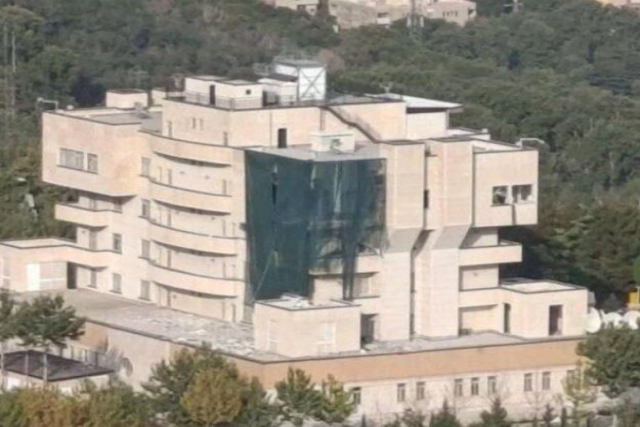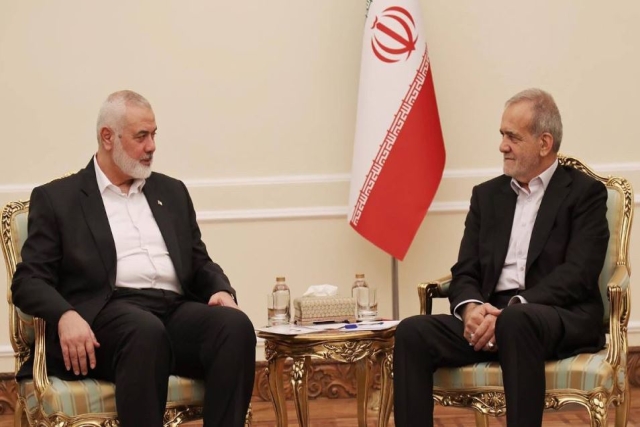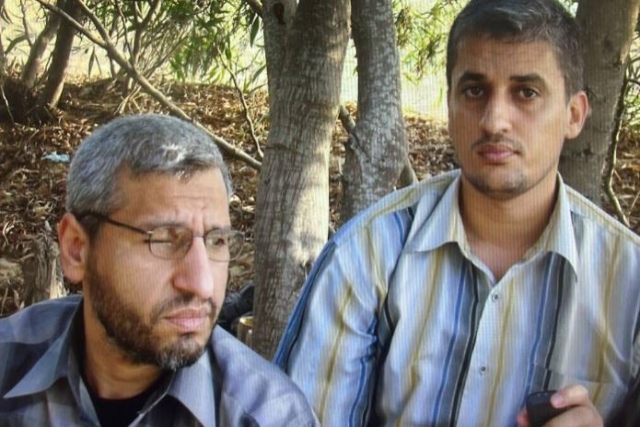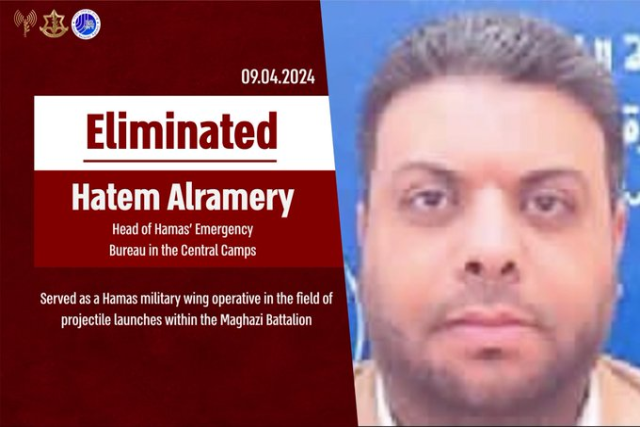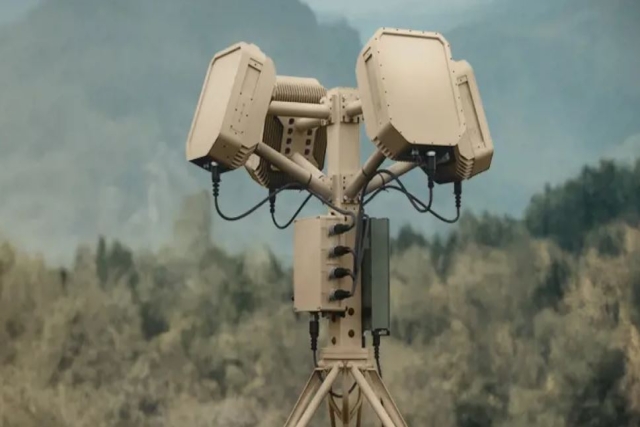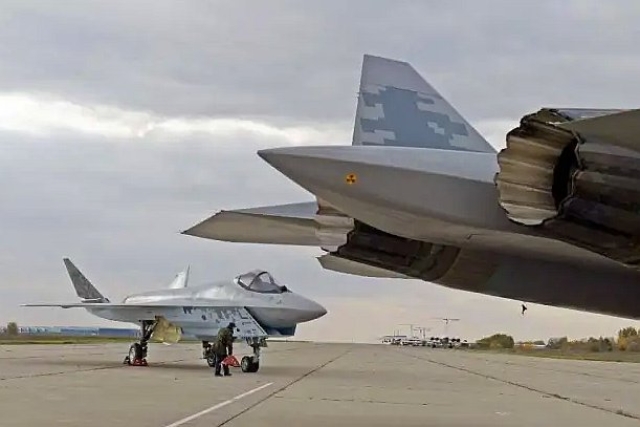Iran State TV Broadcasts Simulated Massive Attack on Israel
Tehran has pledged to take action against Israel for carrying out the assassination of Hamas leader Ismail Haniyeh on July 31 on Iranian soil.
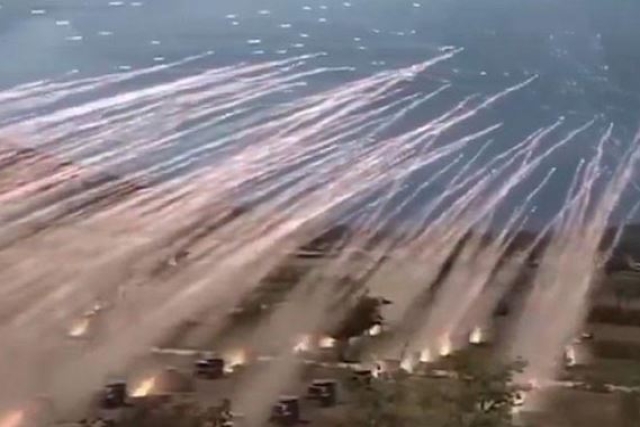
In what appears to be plans for a massive strike against Israel, Iranian state TV broadcast a video showcasing the regime's missile and drone capabilities.
The speaker of the Iranian Parliament, Mohammad Baqer Qalibaf, expressed the legislature's support for a strong retaliatory response to what they termed as the "Zionist regime's" assassination of Ismail Haniyeh, the head of the political bureau of Hamas.
Haniyeh, in Tehran for the Iranian president's swearing-in ceremony, was killed on July 31 in a northern Tehran residence by an aerial projectile. Unconfirmed reports suggest Iranian officials collaborated with Mossad to plant explosives at the guest house where he was staying.
Addressing the Parliament on August 4, Qalibaf called for a "deterrent reaction" to the Israeli action, emphasizing the need to protect national interests. He stressed that "decent revenge" for the martyrdom of Haniyeh must be taken and voiced the Parliament's full support for any decision by military officials regarding the timing and manner of the response.
Qalibaf asserted that the Islamic Republic's response would satisfy the Iranian people and resistance forces while making Israel and its chief ally, the United States, “regret their actions.” He warned that the U.S. and Israel must reconsider their strategies to avoid further compromising their security and regional peace.
Reiterating that acts of aggression against Iran since the Islamic Revolution have not gone unanswered, Qalibaf mentioned that Iranian military forces are prepared to "give a historic lesson to the terrorist enemy and its deceitful sponsor, namely the U.S."
Reports from the BBC indicate that American forces in the region are on high alert, anticipating a joint and large-scale attack by Iran. Iranian media claims that missiles targeting Israel are ready for launch. In response, U.S. forces have set off flares in Eastern Syria while searching for Iranian forces, as their surveillance balloon is no longer operational. Both Egypt and Turkey have vowed to support Lebanon against any Israeli aggression.
U.S. Secretary of State Antony Blinken has warned G7 foreign ministers of a potential imminent threat, indicating that Iran and Hezbollah may be planning an attack on Israel within the next 24-48 hours. In response, the U.S. is bolstering its military presence in the region with additional fighter jets, while Israel is strengthening its defensive measures near the West Bank.
As per reports citing U.S. officials, Iran and Hezbollah plan to attack Haifa and Tel Aviv tonight. American intelligence suggests that within the next 72 hours, Iran and its allies will launch a large-scale attack on Israel. The Pentagon has mobilized 12 warships in the Middle East following the assassination of Haniyeh and the bombing of Beirut, with the alert level at its highest. An intelligence source indicated that Iran, understanding Israeli red lines, is prepared to retaliate swiftly and has identified weaknesses in Israeli air defenses.
Social media buzzed with news that Russian Il-76TD aircraft from Gelix Airlines landed at Tehran Airport on August 2. This aircraft specializes in transporting weapons. Gelix Airlines was previously implicated in delivering arms to Syria in July 2012, Sudan in October 2013, and Libya in December 2015, drawing international scrutiny for its role in these conflicts.
Meanwhile, Israel continued to target Hezbollah positions in Lebanon and Syria. The Israel Defense Forces (IDF) announced earlier today that overnight, warplanes struck a munitions warehouse and several terrorist infrastructure sites belonging to the Hezbollah terrorist organization in the Kfar Kila area of southern Lebanon. Additionally, IDF forces conducted artillery strikes in the Sheba and Rashia al-Fohar areas of southern Lebanon.
